Not Like Pulling Teeth: Revision in a Project-Based Context
Thursday, February 11, 2016 7-9pm EST (optional discussion 8-9pm)
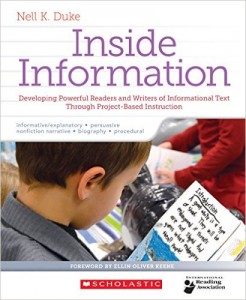 Research suggests that students write better when they have an audience beyond the teacher and revise more when they have a specified purpose for writing. Project-based approaches provide a framework for engaging students in writing for authentic purposes and audiences, thus more deeply motivating their revision. In this webinar, Duke will describe how to situate revision in a project-based context and share techniques for structuring students’ revision and editing processes within that context.
Research suggests that students write better when they have an audience beyond the teacher and revise more when they have a specified purpose for writing. Project-based approaches provide a framework for engaging students in writing for authentic purposes and audiences, thus more deeply motivating their revision. In this webinar, Duke will describe how to situate revision in a project-based context and share techniques for structuring students’ revision and editing processes within that context.
Recommended Reading: Inside Information: Developing Powerful Readers and Writers of Informational Text Through Project-Based Instruction
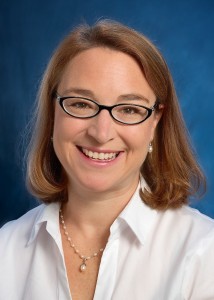
Nell K. Duke is a professor of literacy, language, and culture and a faculty affiliate in the combined program in education and psychology at the University of Michigan and a member of the International Literacy Association Literacy Research Panel. Duke’s work focuses on early literacy development, particularly among children living in poverty. She has received a number of awards for her research including, most recently, the P. David Pearson Scholarly Influence Award from the Literacy Research Association. She serves as editor of The Research-Informed Classroom book series and co-editor of the Not This, But That book series. She is also author and co-author of numerous journal articles and book chapters. Her most recent book is Inside Information: Developing Powerful Readers and Writers of Informational Text through Project-based Instruction.

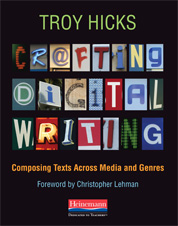
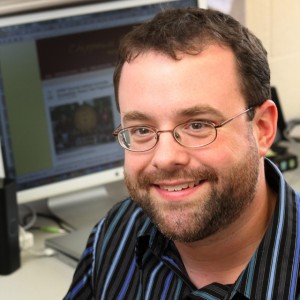 Dr. Troy Hicks
Dr. Troy Hicks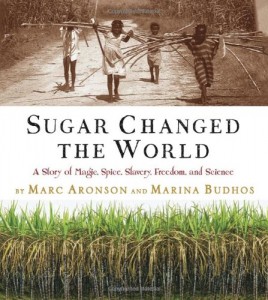
 Marc Aronson
Marc Aronson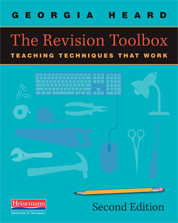
 Georgia Heard
Georgia Heard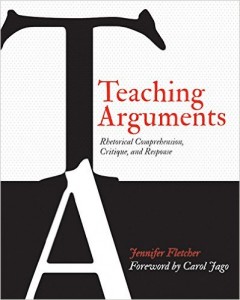
 Dr. Jennifer Fletcher
Dr. Jennifer Fletcher